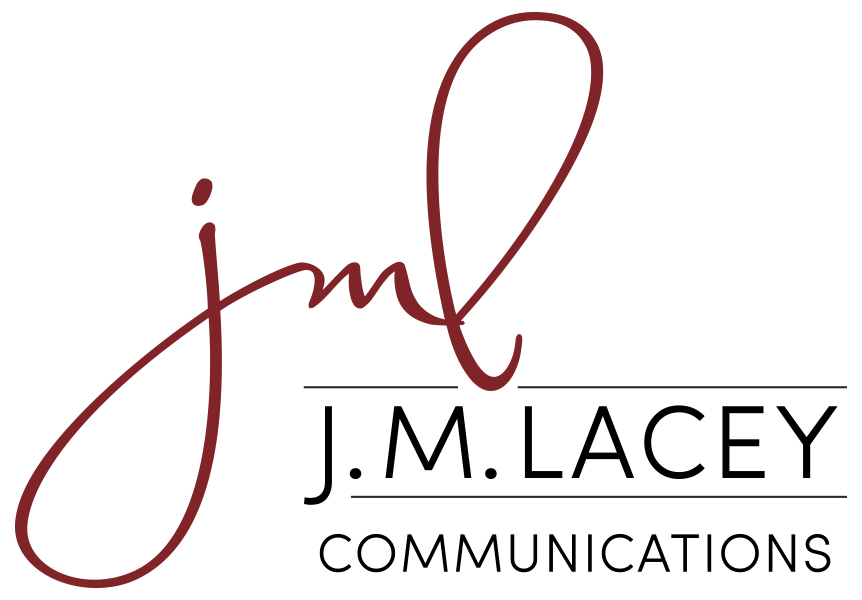As a writer and an editor, I live with a red pen in my head, and it’s constantly moving. Even when I listen to others speak, unfortunately, that red pen is editing their words and sentences. I can’t help it. It’s a disease. Heck, I do it to myself!
And it’s worse when I read articles or posts (or even the running news feed at the bottom of the television screen during the news) and I see, what to me, are glaring spelling, punctuation, and grammatical errors.
All writers — including those in the media — have their reputations on the line when it comes to the writing and how the rest of us perceive them. We can forgive misplaced commas, overuse of “very” or “really” every so often, or ending sentences with prepositions. But when the writing basics of grammar and spelling are tossed aside, someone must put on the brakes. And the wrong punctuation can, at times, misconstrue intent.
Social Media has desensitized us to polished writing because, well, anyone can write a post, writer or not. But I’ve noticed writers make errors that could have been solved quickly by proofreading before hitting “post.” And I’m not talking about the chats or the text messages that your phone autofills with words it thinks you’re going to use (another reason not to trust AI because it’s lacking that “intelligence”) which cause you to look “uninterrupted”; sorry, I mean “unintelligent.” Stupid autofill.
No one is perfect. I’ve had my share of embarrassing writing errors too. But we want to avoid making writing mistakes a habit, especially errors that can be averted by simple proofreading.
Polished writing builds trust
If you’re trying to build an audience, they need to trust you. And indeed, polished writing is another way of strengthening that trust. It shows forethought. It shows you invested your time and skills methodically. And therefore, your products must be top quality and you care about your consumer.
As writers, we cannot afford to make mistakes. We hear regarding our work to “just get it out there,” whether books or newsletters or other forms to showcase our masterpiece. But that doesn’t mean to forgo editing and proofreading to “get it out.” Self-published authors have been frowned upon because let’s face it, many have been in a rush to get their work published that clearly shows they skipped the importance of getting an editor and proofreader. Which forces the other — and more professional — self-published authors to work harder to prove themselves.
Fortunately, we can see the difference between a professional and someone who could not care less about building sustainable audiences when trying to make a fast buck. Whom do you suppose will last longer and make more sales?
Quick tip: Take time to check your work. Have someone else (or two or three) read it over. If it’s short, set it aside for a day or two and then come back to edit and proofread. Whether an article, social media post, or an entire marketing campaign, strive to make it polished from the beginning to avoid an expensive fix later, after you’ve lost your audience.
With that, I’m ending with a quote from “The Elements of Style” author, William Strunk Jr.: “There are times when the ear not only guides us through difficult situations but also saves us from minor or major embarrassments of prose.”
Your polished writing is important to build trust. As Strunk says: read your work aloud. You can usually catch mistakes because reading out loud forces you to not only slow down, but to hear what others read.
Want to improve your writing either in your business or as an author? My 2-Day VIP Writing Workshop is designed to help you write effectively and get a boost to start a writing project and/or compel you forward to finish your writing projects. Get more information here and let’s schedule a call!


Recent Comments